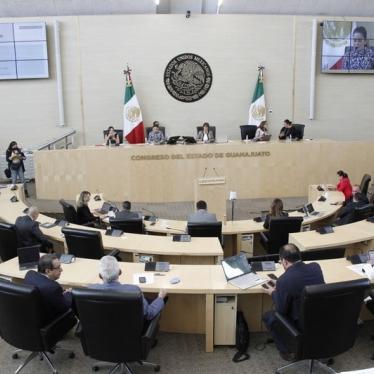This summer, Germany introduced the parameters of a bill that would make it easier for transgender people to change their name and gender, upending the expensive and time-consuming procedure that has been on the books for the last four decades. The eventual bill would be an important development for transgender rights, setting a standard for self-determination for name and gender in Germany, as anti-LGBT rhetoric and laws gain traction across the world.
If passed, the reform would replace a burdensome court procedure. Currently, expert reports from professionals, generally psychologists, are required before new identification documents are authorized. These reports must attest “a high degree of probability” that the applicant will not want to revert to their previous legal gender. Some applicants have said that to secure the necessary reports, they had to disclose immaterial details from their childhood and their sexual past, and even undergo physical examinations. The emotional and financial toll of these expert reports leaves new identification documents out of reach for many.
The simple, administrative self-declaration process proposed would remove the financial and time burdens of complicated court requirements. Currently, the process can take up 20 months and costs an average of €1,868 (approximately US$2,160).
Legal gender recognition is fundamental to transgender peoples’ human rights and well-being. It is a key component of transgender rights to allow transgender individuals to have their name and gender reflected accurately on their legal documents. Human Rights Watch has written extensively on the harmful effects of legal misgendering, including in El Salvador, Mexico, and Japan.
When identity documents do not match a person’s gender, transgender people often face obstacles in everyday activities, including discrimination seeking jobs and accessing health care, difficulty accessing bank accounts, and increased scrutiny when doing things like voting.
This proposal has been long promoted by rights groups in Germany. LGBT organizations like Lesben- und Schwulenverband and Bundesverband Trans* have sought this reform for years. Human Rights Watch has also pushed for a more accessible process for trans people to change their name and gender. The “Self-Determination Act” is expected to be sent to the parliament later this year.








